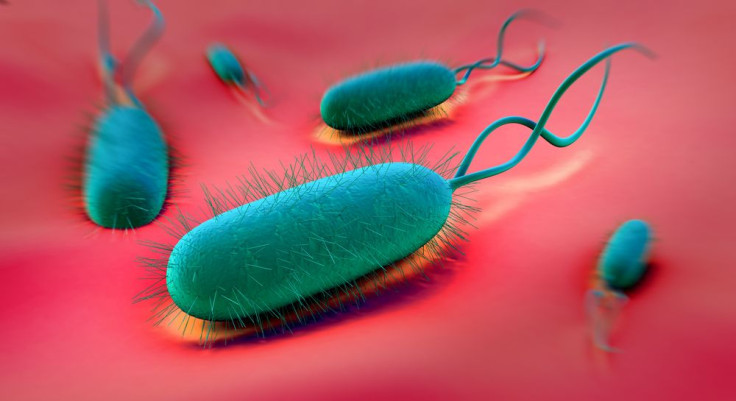Gut Bacteria Control Our Minds To Get The Food They Want; How Countering This Can Fight Obesity

When it comes to what bacteria are capable of, mind control is definitely not one of the first things that most people will think about — parasites are better known to control moods. But a new study has found that, to an extent, gut bacteria may also control our minds, influencing what we eat and how much.
“Bacteria within the gut are manipulative,” said Dr. Carlo Maley, director of the Center for Evolution and Cancer at the University of California, San Francisco, in a press release. “There is a diversity of interests represented in the microbiome, some aligned with our own dietary goals, and others not.”
Our gut flora, or microbiome, is comprised of trillions of bacterial cells that work together to protect our digestive tracts, from the stomach to the colon, and everything in-between. They also help us to digest food, maintain a healthy weight, and regulate blood pressure. But considering that they are fighting to stay alive on a constant basis — our guts hold a vast community of many different bacteria — it makes sense that they would need specific nutrients to flourish. So, they try to control our minds to get them.
In their new paper, Maley and his team suggest that these bacteria release signaling molecules in the gut, which are then picked up by the vagus nerve, the connecting structure between the gut and the brain. By making these connections, the bacteria can then influence the immune system, endocrine system, and nervous system, and in turn control which foods the host craves (this could help them fight off other bacteria) or induce a sense of unease until we eat foods that make them stronger.
“Microbes have the capacity to manipulate behavior and mood through altering the neural signals in the vagus nerve, changing taste receptors, producing toxins to make us feel bad, and releasing chemical rewards to make us feel good,” said co-author Dr. Athena Aktipis, of the Department of Psychology at Arizona State University, in the release.
These mechanisms are believed to contribute to obesity, as they push people to eat more of certain foods, even if they don’t necessarily want them. One study published last year found that mice implanted with the gut bacteria of an obese twin eventually became obese, when compared to mice given gut bacteria from skinnier twins. Luckily, the gut microbiome is delicate, and within 24 hours of changing a diet, differences can be seen.
The researchers of the current study believe that changing a person’s diet may offer health benefits beyond preventing obesity. “Targeting the microbiome could open up possibilities for preventing a variety of disease, from obesity to cancers of the gastrointestinal tract,” Aktipis said. “We are only beginning to scratch the surface of the importance of the microbiome for human health.”
Source: Aktipis A, Alcock J, Maley C. Is eating behavior manipulated by the gastrointestinal microbiota? Evolutionary pressures and potential mechanisms. BioEssays. 2014.



























